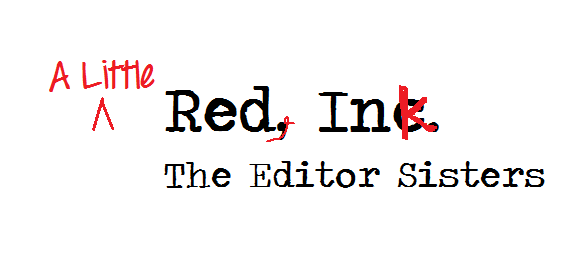
Writers Chat Recap for January
Writers Chat, hosted by Johnnie Alexander, Brandy Brow, and Melissa Stroh, is the show where we talk about all…
January 31, 2025
Writers Chat, hosted by Johnnie Alexander, Brandy Brow, and Melissa Stroh, is the show where we talk about all…
January 31, 2025
Writers of all levels know the importance of continuing to learn new skills, refine writing skills, and challenge themselves.…
July 24, 2022
March of every year is Brain Injury Awareness Month. It’s a time when brain injury survivors, caregivers, and medical…
June 29, 2019
Do you ever stare at one sentence until your eyes start watering? Have you had to read that one…
October 16, 2018
Every writer can use a solid critique of their work, especially when they are preparing their work for professional…
July 7, 2018
My critique group says my MG fiction is preachy. Now what? First let me say that I love my…
April 15, 2018
You’ve written your masterpiece. Or at least a short story, novel, or essay you believe worthy of publication.…
March 26, 2017
What is a critique? Well, it’s one of my favorites. A critique is very much like a macro edit,…
May 7, 2016